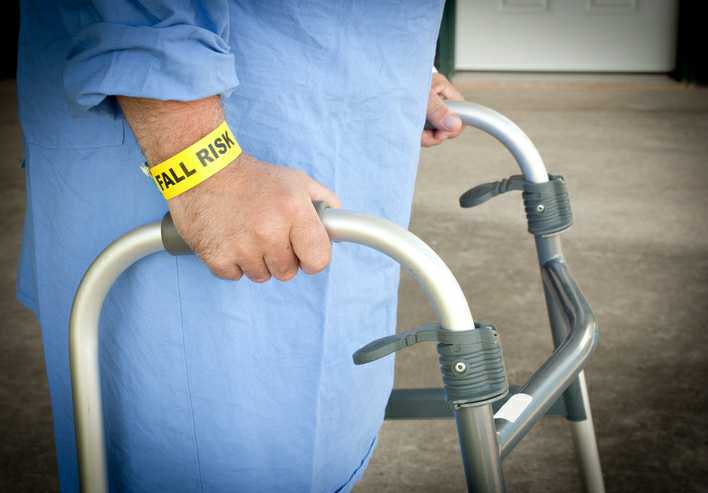Hip fractures are among the most common types of serious injuries sustained in nursing homes. When residents are properly cared for and nursing home staff provide adequate assistance, these injuries can be prevented.
Hip fractures are generally common in older adults and can lead to serious complications or death. The Centers for Disease Control and Prevention estimates that about 300,000 people aged 65 and older are admitted to hospital annually for hip fractures. Falls cause more than 95 per cent of such hip fractures.
Fall-Related Hip Fractures On The Rise In Nursing Homes
Hip fracture rates among nursing home residents have been rising since dipping in 2013, according to the McKnight’s Long Term Care News. The article cited a study published recently in the Journal for Bone and Mineral Research.
Between 2007-2015 the study looked at fracture rates. Researchers have seen a reduction in fall-related hip fractures in nursing homes from 2007-2013. The rate of fall-related hip fractures have since gone up each year.
Researchers in the study also discovered:
- In 2007 and 2014, nursing homes had a one-year mortality rate of 42% due to fall-related hip fractures.
- A six-month mortality rate of 36% among residents who have already sustained hip fractures.
- Complete disability among 17% of ambulatory residents.
- Bacterial infections and pressure sores may affect survivors of hip fractures
Can Fall-Related Hip Fractures Be Prevented In Nursing Homes?
Many fall prevention strategies have not been shown to work as well in nursing homes as they are in community settings, according to a study author Sarah D. Berry, M.D., MPH.
“In general, nursing home residents are older and sicker, with more cognitive and functional impairment than community-dwellers. One possible explanation for these high rates is the underutilization of medications to treat osteoporosis,” said Berry.
Berry believes that “wide-ranging interventions to reduce the suffering of older adults with hip fractures” is the best approach for preventing fall-related hip fractures in nursing homes. This can be accomplished with nursing homes employ the following strategies:
- Regular exercise plans: The likelihood of falling can be mitigated by regular exercise that can help with building sufficient strength and balance.
- Promoting mobility: Long-term residents who sit or lie down are more likely to fall. Residents should be moved to different positions periodically, or encouraged to stand up and move.
- Providing walking equipment: Residents who are unable to walk without support must have proper walking equipment or canes. Properly-fitted shoes can also help prevent falls.
- Clear all walkways: Debris, slipping hazards and uneven surfaces should be clear to all walking areas.
- Provide adequate lighting: All walking areas should be well-lit to allow for adequate visibility.
What Are My Legal Options If My Loved One Sustained A Fall-Related Hip Fracture?
If your loved one sustained a fall-related hip fracture in a nursing home, it’s critical that you speak to an experienced Alabama attorney who can launch an investigation. Braswell Murphy can look for inadequate staffing, poorly-trained staff, poor screening of staff members, and outright abuse.
Our legal team can help you and your family get justice by providing supporting evidence and negotiating with insurance companies for a fair settlement. To learn more, contact us online or call our Mobile office at 855-637-4579.


